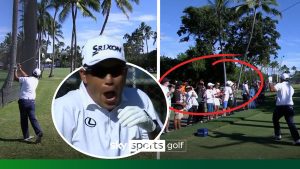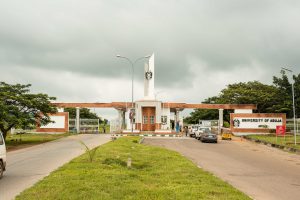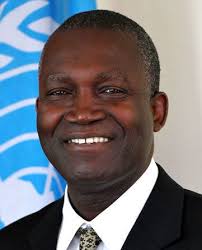IOC pledges $10 million to anti-doping fight


KATOWICE, Poland (AP) — The incoming leader of the World Anti-Doping Agency asked for more money. The International Olympic Committee said “Yes.”
IOC president Thomas Bach pledged $10 million to fight doping in sports, half of which would go toward storing samples from pre-Olympics testing for 10 years and the other half toward investigations and research.
It was a fitting entrée for Witold Banka, the incoming president of WADA who, after taking the stage following Bach’s presentation at a world anti-doping conference Tuesday, promised he would not tolerate cheating or manipulations.
“The new future of anti-doping starts today,” Banka said.
Then, he called upon sports leaders, governments and private companies to contribute to a cause he portrayed as massively underfunded.
“It is ridiculous that an organization with the status of a global regulator has a budget of less than $40 million,” Banka said. “An average football club has a bigger budget.”
Half of WADA’s budget comes from the Olympic movement, and the IOC’s injection of another $10 million contribution is significant.
It has already reanalyzed hundreds of samples from the Beijing and London Olympics that have resulted in at least 123 positive tests. Bach said it will cost about $5 million to build similar storage for pre-test samples.
“This would greatly add to the deterrence factor, in particular combined with” new testing methods that have been developed over the past few years, Bach said.
Banka will formally be elected to replace Craig Reedie later this week at WADA’s board meeting.
He’ll be under the microscope, as WADA deals with a continuing case involving Russian cheating.
Russia is currently answering questions about manipulation of the data from its Moscow laboratory that is being used to prosecute dozens of doping cases. A decision on the fate of the country’s anti-doping agency is expected next month.
“We can’t keep our athletes in this situation for such a long period of time,” said Yuri Ganus, the head of Russia’s anti-doping agency. “We’ve been in this crisis for five years now, and that crisis is unfortunately becoming even worse and deeper now.”







